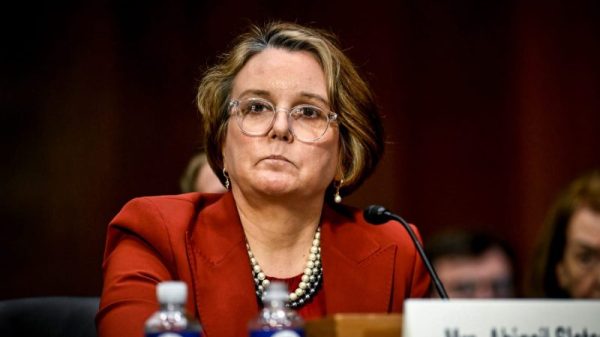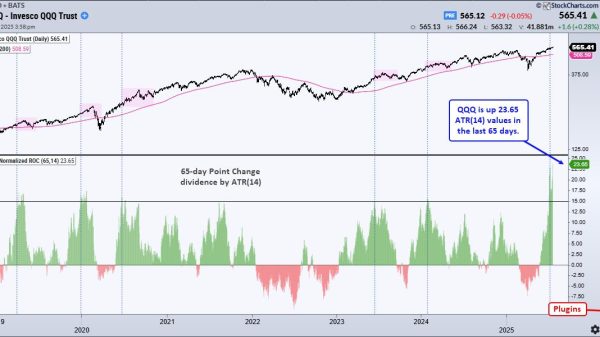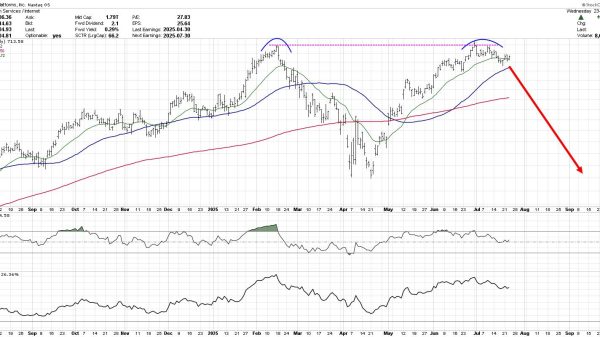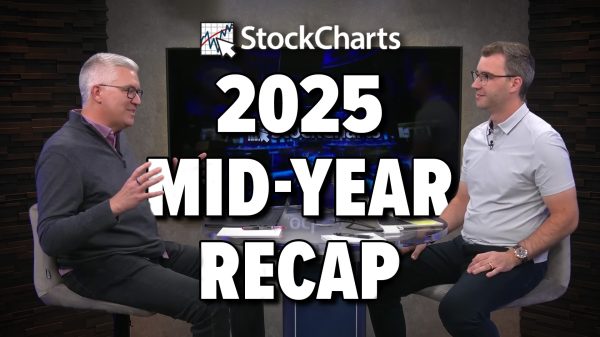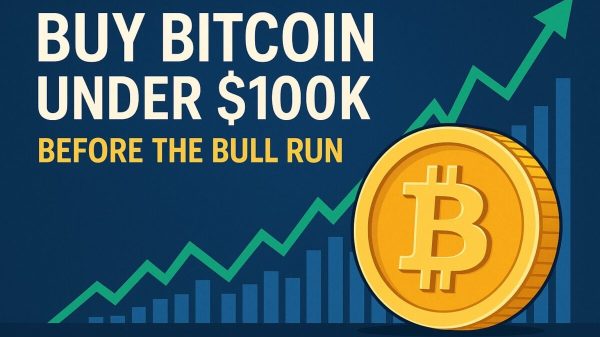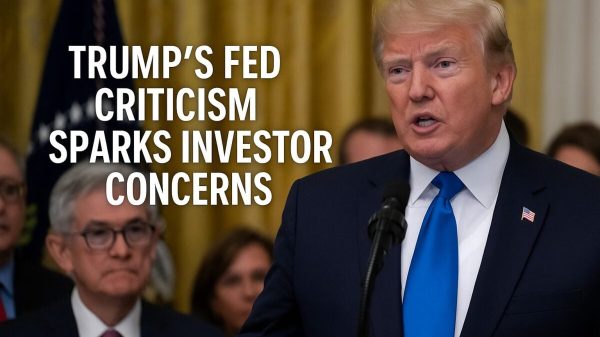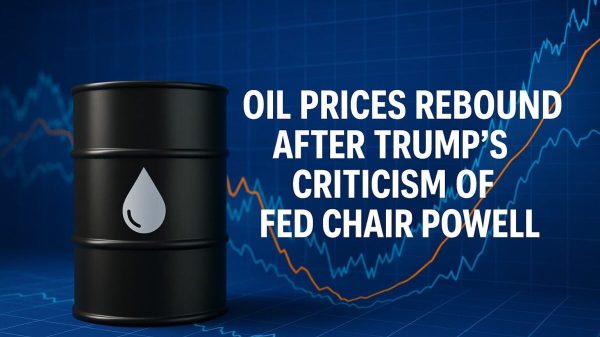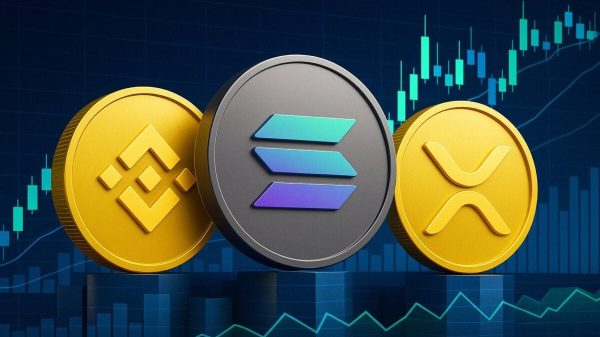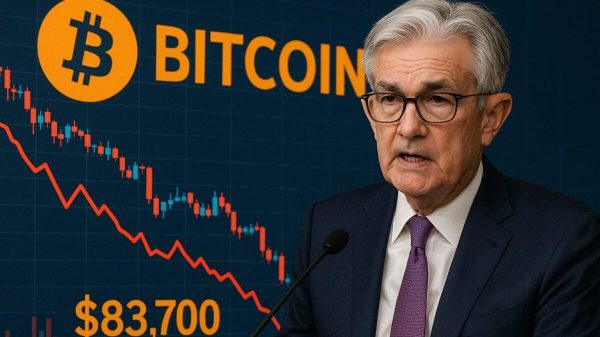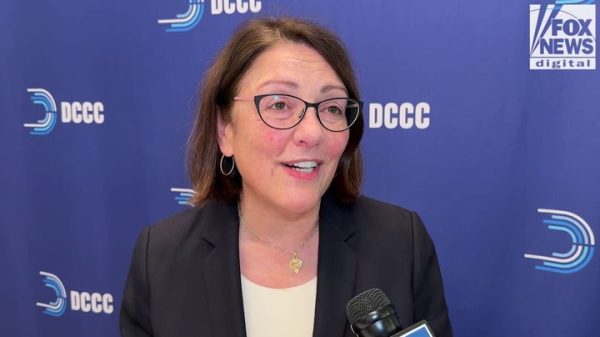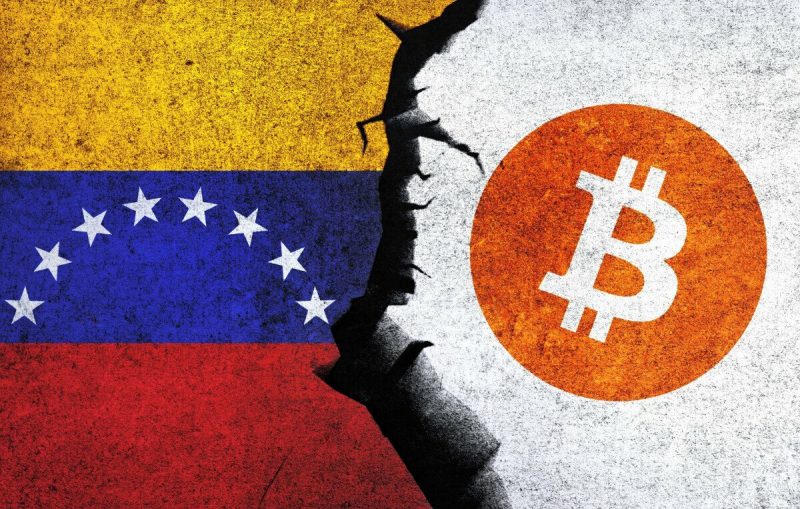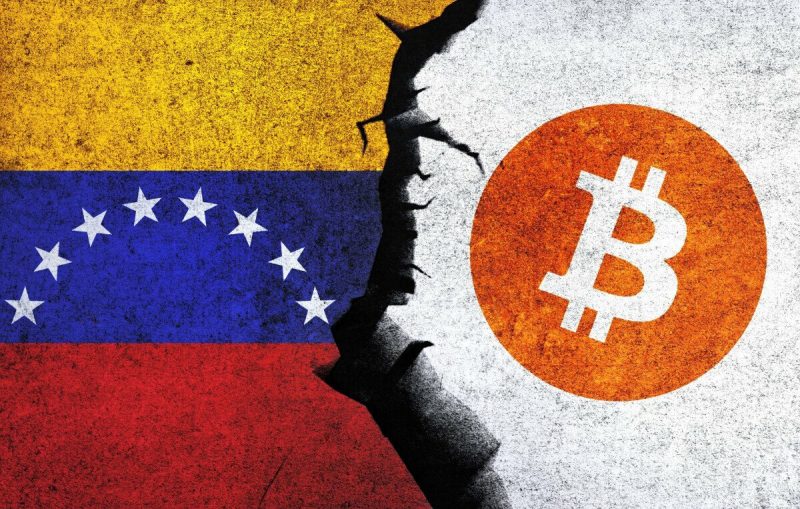
Source: RawBeautyPixels/Adobe
Venezuela’s national cryptocurrency, the Petro (PTR), is set to cease operations on January 15.
The Petro, introduced in 2018 with the goal of helping the country evade United States sanctions, failed to gain widespread adoption throughout its existence.
The official announcement regarding Petro’s shutdown was reportedly made on a government-run website dedicated to the cryptocurrency, though the website is not accessible at the time of writing.
The administrative section of the Venezuelan Patria website, which was supposedly the sole platform for Petro trading, is now only accessible through a password.
The Petro was initially launched as an oil-backed cryptocurrency after Venezuela’s fiat currency, the bolivar, faced significant devaluation due to the pressure of United States sanctions.
The move came after Bitcoin had already established a strong presence in the country.
The Petro Failed to Gather Traction in Venezuela
The issuance of the Petro was mandated by Venezuelan President Nicolas Maduro, but it faced opposition from the parliament.
Despite achieving full functionality in 2020, the Petro failed to gain traction internationally.
The Maduro government made efforts to promote it to the ten member states of the Bolivarian Alliance for the Peoples of Our America, but these attempts did not lead to widespread adoption.
Domestically, the Petro was never declared legal tender, meaning that its acceptance was not mandatory.
Notably, even the country’s largest bank, Banco de Venezuela, would not accept Petro without a presidential order compelling it to do so.
In June 2020, the situation took a more dramatic turn when the U.S. Immigration and Customs Enforcement offered a $5 million bounty for the capture of Joselit Ramirez Camacho, the head of the National Superintendency of Crypto Assets responsible for overseeing the Petro.
He was accused of having ties to international narcotics trading.
Ramirez Camacho was eventually arrested in Venezuela in March 2023 on charges related to financial improprieties within the national oil industry.
Consequently, the agency under his leadership was closed for reorganization, and its closure was later extended until March 2024.
This crackdown also led to the closure of various crypto exchanges and mining operations in the country.
It’s essential to note that the Petro was not a central bank digital currency (CBDC), despite the Central Bank of Venezuela’s announcement of plans to create one in 2021.
Unfortunately, those plans never materialized, leaving the Petro as a failed attempt at navigating the economic challenges facing Venezuela.
In March last year, the state regulators ordered a halt on mining cryptocurrencies after an investigation into a corruption scheme in which crypto wallets redirected payments owed to the state-run oil company Petróleos de Venezuela.
The post Venezuela’s Petro Cryptocurrency to Cease Operations on Jan 15 appeared first on Cryptonews.

